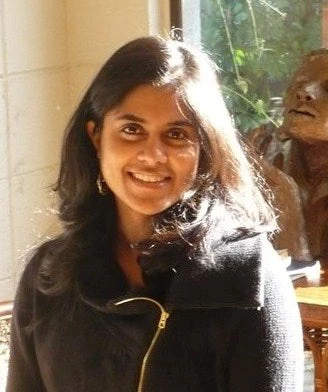
Almost one in three married Pakistani women report facing physical violence from their husbands. The informal estimates are much higher. Such violence is not only widespread, it is also normalized. According to Bureau of Statistics, more than half of the women respondents in one province believe that it is ok for a husband to beat his wife under certain circumstances; and these attitudes are not much different in the rest of the country.
This violence also has serious implications on economic growth. Only 22% of women are formally reported to participate in the Pakistani workforce. Yet working is often not a choice and comes with risks.
This means some women face the risk of being sexually harassed, and assaulted by men outside their home if they choose to work. However, studies indicate that some women may also face violence within their households because of perceived dishonor and a threat to masculinity when they work outside the home. Intimate partner violence is expensive, in terms of medical cost, and missed days of work. However, what is harder to cost for is the psychological trauma due to violence that prevents women from achieving their full potential.
While these gains are heartening, implementation challenges are still enormous. Recognizing this, the provincial government in Punjab has established the first center addressing violence against women in Multan district using an integrated approach. At the center, women can register a first information report(FIR) on violence (the crucial initial step to addressing violence through the justice system). Survivors of violence can also receive economic and social rehabilitation. There are women desks at almost every police station and the province is in the process of strengthening women’s shelters and crisis centers. There are also plans to provide transitional housing facilities to women. On the prevention side, the government has established an anonymous hotline for complaints and counseling around violence. The province of Punjab has a smartphone application where women can report harassment. Data (including the FIRs) is being computerized and collected regularly. Secondary textbooks will include a chapter on violence against women and girls to sensitize young boys and girls on the issue. Furthermore, women’s adequate representation in the Police, Judiciary and District Administration and their capacity enhancement is equally important to effectively address this issue.
Attitudes around violence are one of those ‘sticky’ norms issues. They cannot always be addressed at the policy level. In a country like Pakistan, the role of mass media can be transformational. A long-standing community of researchers and activists have been working on eliminating violence in effective ways for decades. But there are also newer, youth-led movements that show promise. One example is Girls At Dhabhas- a popular social media movement led by young, urban Pakistani women. The campaign started simply enough-young women went to male-dominated ‘dhabhas’ or roadside eateries and tea stalls. They posted a picture of themselves in these spaces affirming their right to partake in the public space equal to men. Engaging youth becomes critical considering Pakistan’s demographic profile. I recently met several young women and men from public sector universities who simply dismissed the notion of confining women and men within rigid gender norms. They wanted women to engage equally in economy and men to share care responsibilities. This also points to the commitment that the government, private sector and development partners need to make to human capital development and community mobilization for shifting patriarchal norms and having an egalitarian and a violence free society.
The time is right to act on this issue in Pakistan. If we do not address violence against women and girls, sustainable growth will remain elusive.



Join the Conversation